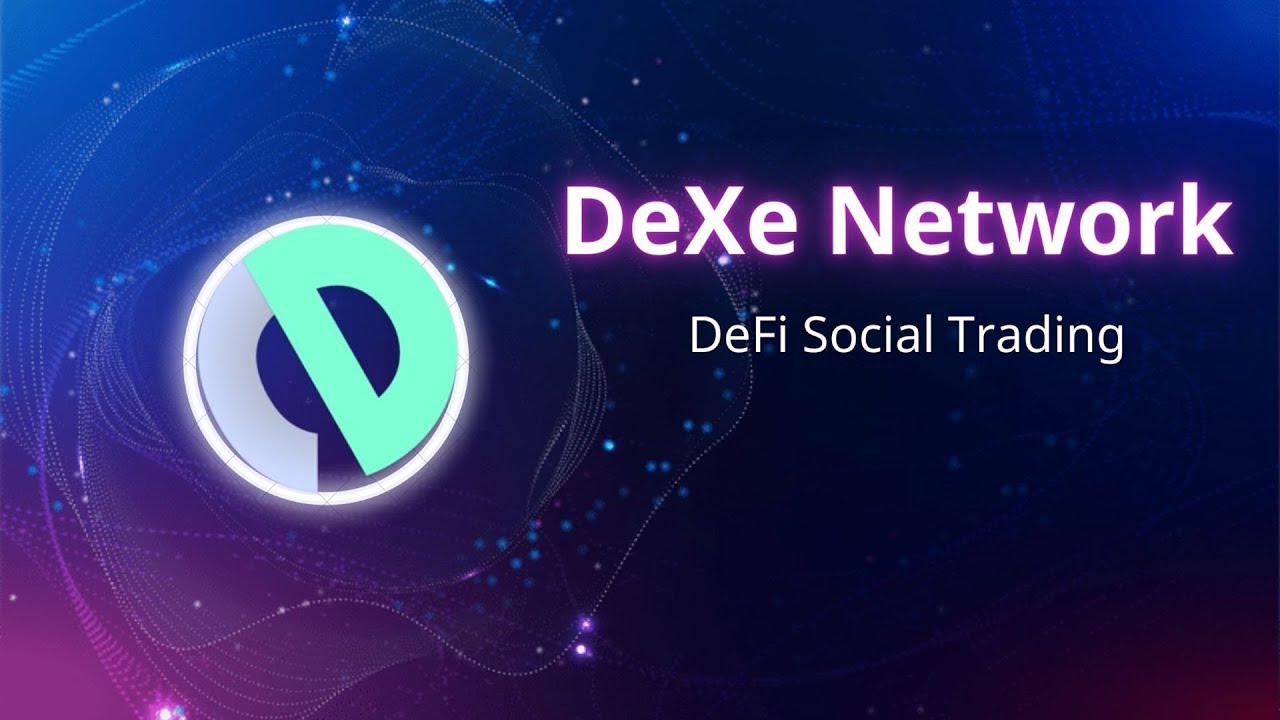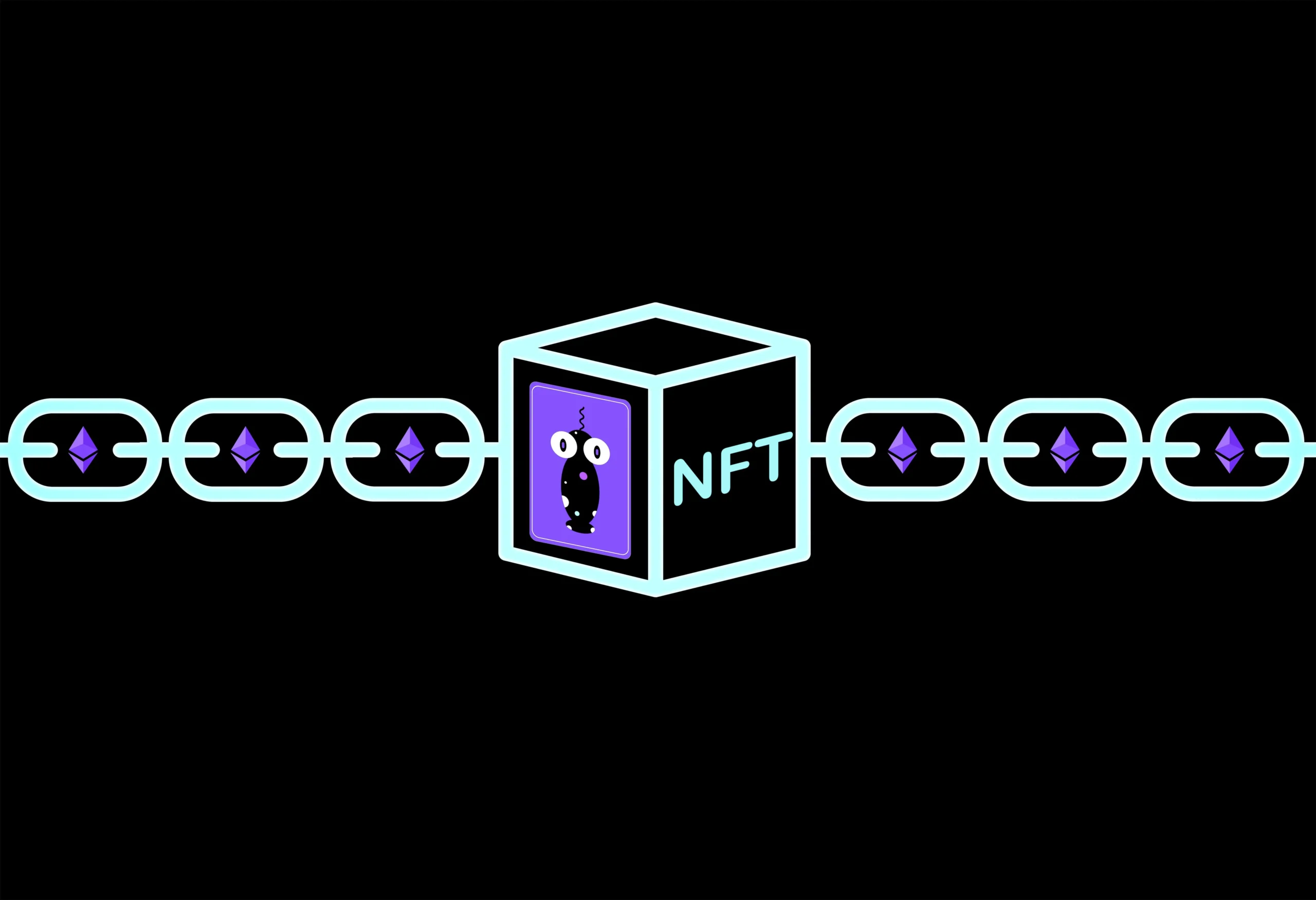The realm of finance (DeFi) is always growing. The most recent development from Yanvil has the potential to completely alter international trade. Launching Yanvil’s DeFi protocol for letters of credit is a big step in using blockchain technology. To fix the problems with old trade finance institutions. With the growing need for faster, more secure, and transparent solutions. Yanvil’s protocol is leading the way in revolutionizing the execution and settlement of global trade transactions.
Traditional Letters of Credit
As a guarantee between vendors and purchasers, letters of credit. Supported international trade for many years. Nevertheless, conventional methods can have numerous inefficiencies. Intermediaries, paper-based procedures, and manual verification put participants. At risk of fraud and mistakes while also adding unnecessary delays and expenses.

Nearly 40% of SMEs have their trade finance applications rejected owing to rigorous criteria. The International Chamber of Commerce (ICC). Companies may also face difficulties with. Their cash flow if processing delays cause their trade cycles to be prolonged by several weeks. These problems call attention to the necessity for an updated, simplified system that does away with middlemen and automates trust in financial dealings.
Key Trends Driving the Adoption of DeFi in Trade Finance
Several macroeconomic and technological trends are accelerating the adoption of DeFi solutions like Yanvil’s protocol:
- Digitization of Trade: With businesses increasingly embracing digital transformation, there is a growing demand for digital trade finance solutions that integrate seamlessly with global supply chains.
- Blockchain Adoption: The global blockchain market is projected to reach $39.7 billion by 2025, driven by its applications in industries like finance, healthcare, and logistics. Trade finance is a natural fit for blockchain due to its need for transparency and security.
- Focus on SMEs: Governments and organizations worldwide are recognizing the importance of supporting SMEs, which account for over 90% of global businesses. DeFi protocols like Yanvil’s offer a lifeline to these enterprises by providing access to capital and simplifying trade processes.
- Demand for Real-Time Settlements: Traditional trade finance systems are slow and prone to delays. DeFi solutions enable real-time settlements, improving liquidity and cash flow for businesses.
Real-World Examples and Impacts
Yanvil’s DeFi protocol has already seen early adoption by businesses seeking to streamline their trade finance operations. For instance, a mid-sized manufacturing firm in Southeast Asia recently used the protocol to secure a $1.5 million trade agreement with a European supplier. By utilizing Yanvil’s solution, the firm reduced processing time from 21 days to less than 24 hours and saved approximately 30% in transaction fees.
Another example involves a commodities trader in Africa who leveraged the protocol to trade agricultural products with buyers in the Middle East. The use of blockchain ensured that all terms of the agreement were met before payments were released, eliminating the need for a third-party guarantor.
Practical Implications for Stakeholders
Yanvil’s protocol has far-reaching implications for various stakeholders in the trade finance ecosystem. The protocol reduces operational bottlenecks, enhances cash flow, and minimizes the risk of disputes. SMEs, in particular, stand to benefit from improved access to trade finance. While DeFi solutions might seem like competition, they also present opportunities for traditional banks to collaborate and offer.

The rise of blockchain-based trade finance calls for updated regulatory frameworks that address compliance, security, and cross-border jurisdiction issuesThe protocol’s open-source nature invites developers to create complementary tools and applications, further enriching the ecosystem. hybrid solutions that combine the best of both worlds.
Challenges and Future Outlook
Despite its promise, Yanvil’s DeFi protocol faces several challenges:
- Regulatory Uncertainty: The lack of clear regulations around DeFi and blockchain could hinder adoption.
- Technical Barriers: While blockchain adoption is growing, some businesses may lack the technical infrastructure to integrate such solutions.
- Market Education: Many SMEs are still unaware of how DeFi protocols work or how they can benefit from them.
Also read: BITCOIN’S EVOLUTION DECENTRALIZED FINANCE TAKES THE SPOTLIGHT
Conclusion
The DeFi protocol for letters of credit developed by Yanvil is an innovative development in the field of trade finance. The protocol provides a more rapid, secure, and economical option for companies all over the globe by fixing the shortcomings of conventional systems and making use of blockchain technology. Although there are still obstacles, the fact that early adopters were successful shows how revolutionary this innovation could be.
Solutions like Yanvil’s will be pivotal in determining the future of trade as the world economy keeps getting digitalized. By facilitating real-time settlements and expanding access to capital for SMEs, Yanvil is leading the charge toward a trade finance landscape that is more inclusive and efficient. Decentralization is the way of the future for trade financing, and this is a message that investors, businesses, and lawmakers should hear loud and clear.
























